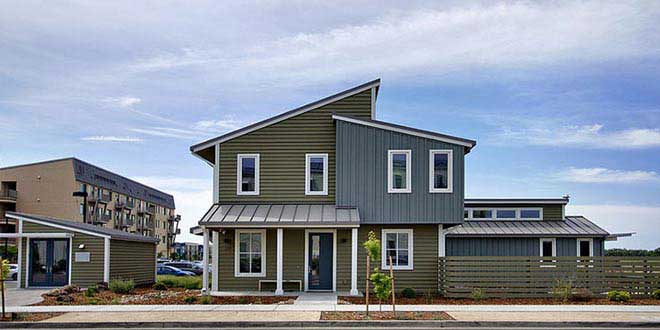A smart home built for research at a university has already conserved thousands of gallons of water.
The Honda Smart Home, which is located on the University of California’s Davis campus, features energy efficient appliances, lighting and heating and cooling systems.
However, researchers haven’t been able to compile enough accurate data to contrast the house’s energy usage with typical homes, the Sacramento Business Journal reported this month.
Water consumption, though, was measurable, with notable results, the article says. The house, which has a four-member family living in it, used about 20,000 gallons less water between April and September than average. The average American family of four uses about 400 gallons of water per day, while the smart home occupants use approximately 85 gallons per day, according to Honda.
The demonstration house is a “living laboratory” for Honda, Pacific Gas and Electric Co. and university researchers to”evaluate new technologies and business opportunities at the intersection of housing, transportation, energy and the environment,” according to the University of California Davis. The Honda Smart Home’s residents have agreed to live in the house from 2014 through the summer of 2016.
The water savings were “achieved by features such as water tanks that heat rapidly and dual-flow toilets,” in addition to the residents’ conservative use of water in response to the California drought, the article from the Sacramento Business Journal says.
The house uses solar power, electric vehicle charging, LED lighting and geothermal radiant heating and cooling to conserve energy. The building materials and window locations were chosen to maximize efficiency, as well.
“Honda Smart Home’s south-facing windows are optimized for heating and cooling, while the north-facing windows are positioned to maximize natural light and ventilation. This will keep the home naturally cool in the summer and warm in the winter. Double stud walls, cool roofing material and a fully insulated concrete slab all contribute to the home’s energy efficiency,” according to the university.
 Hardware Retailing The Industry's Source for Insights and Information
Hardware Retailing The Industry's Source for Insights and Information








